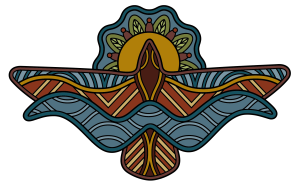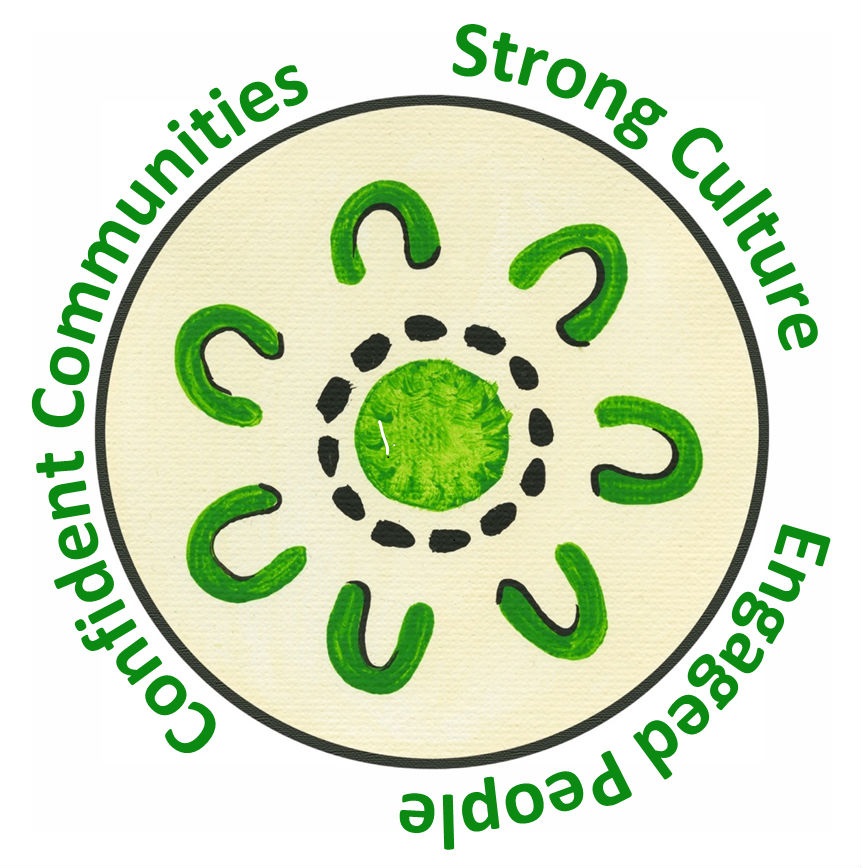Strong Culture, Engaged People, Confident Communities
Local Aboriginal Networks (LANs) bring Aboriginal people together at the local level to set priorities, develop community plans, improve social cohesion and empower Aboriginal Victorians to participate in civic and community life.


These voluntary community networks provide a safe and welcoming space for the Aboriginal community to connect, share, learn and lead. LANs provide a critical and effective channel to engage and celebrate the diversity within the Aboriginal community.
For Aboriginal people, LANs offer an inclusive, culturally affirming space that is unique. LANs empower Aboriginal communities and support self-determination. The Victorian LAN Five Year Plan identifies six priority areas which have been developed in partnership with the LANs, to help inform and guide Government action to ensure their future success and sustainability. They are:
- Strengthening Culture
- Economic Participation
- Support for Young People
- Building a Stronger LAN
- Community Planning and Partnerships and
- Working with Local Government.
This Plan sets out a number of actions to support each priority area. The Plan recognises the importance of all LAN participants remaining connected to their community and influencing decision making within their local area, whilst also providing opportunities to set the agenda for change and to enhance self determination at a regional and state-wide level. LAN participation by Aboriginal community members takes many forms. Participation may range from being kept informed of LAN activities through online and social media; to participating in external meetings as a community representative; to participating in LAN sponsored/supported projects and activities. Regardless of the type of participation, LANs play an important role in community strengthening. The ability for participants to ‘opt in’ or ‘opt out’ depending on their own needs and situation demonstrates the flexibility of LANs. As an inclusive structure, LANs are also able to respond to the diverse needs of their respective communities.
Background
Established from 2007 onwards, 39 LANs have been formed across Victoria, with over 2,000 Aboriginal Victorians regularly participating. The priorities of the LANs are determined by the interests of those participating. LAN participants are typically motivated by:
- A sense of contribution to community and society
- Wanting to be a voice for community
- Wanting to work for community
- Exploring opportunities to broaden personal and professional networks and
- Helping the community to move forward and address local issues.
LANs exist within local Aboriginal communities, as a vibrant part of the whole community. Their purpose is to connect, prioritise, implement and evaluate with other local community partners and stakeholders. LANs add value to existing local organisations and structures. They work to strengthen the physical, social, cultural, mental and emotional wellbeing of Aboriginal people, their families and the wider community.

Shared LAN Principles and Operation
The operation of LANs is guided by shared principles and champion a place-based approach. These principles provide guidance for LANs to work successfully but also enable each LAN to reflect its unique local context. The shared LAN principles are described below under the headings of Culture, Community and Collaboration.

LANs meet regularly to plan and build community strengths and increase community participation, which includes social, economic, cultural, sporting and civic activities. The LAN program objective is to:
- Provide a voice for local Aboriginal communities
- Be a mechanism to identify community aspirations through community planning
- Provide a means to work together to implement plans in partnership with a range of stakeholders (partnerships include all levels of government, business, philanthropy and the extended community) and
- Connect services and individuals to enable greater coordination of community engagement, participation, collaboration and implementation of programs.
The LANs are the largest government enabled Aboriginal network operating in Victoria and Australia.
Two Local Aboriginal Networks operate in the west. The Wyndham/Hobsons Bay LAN aims to work alongside community that live in those local government areas. The Maribyrnong LAN aims to work alongside community that live in the local government areas of Maribyrnong, Melton, Moonee Valley and Brimbank.
LANs are facilitated by Aboriginal Community Development Brokers (Brokers) who are employed by the Department of Premier and Cabinet. They facilitate LAN operations, broker partnerships between LANs and local stakeholders and support the development and implementation of community plans.
Debbie Evans is the Aboriginal Community Development Broker for both LANs in the western metropolitan region.



